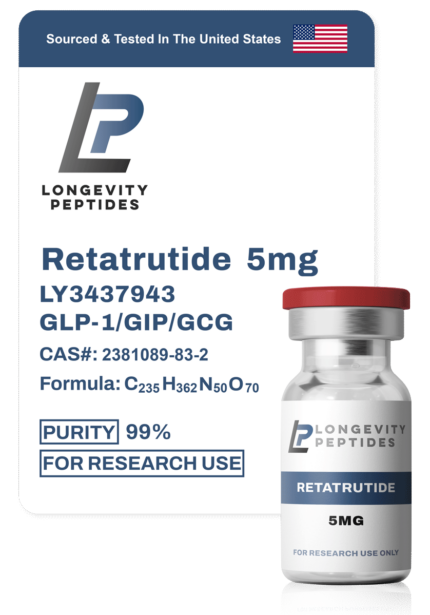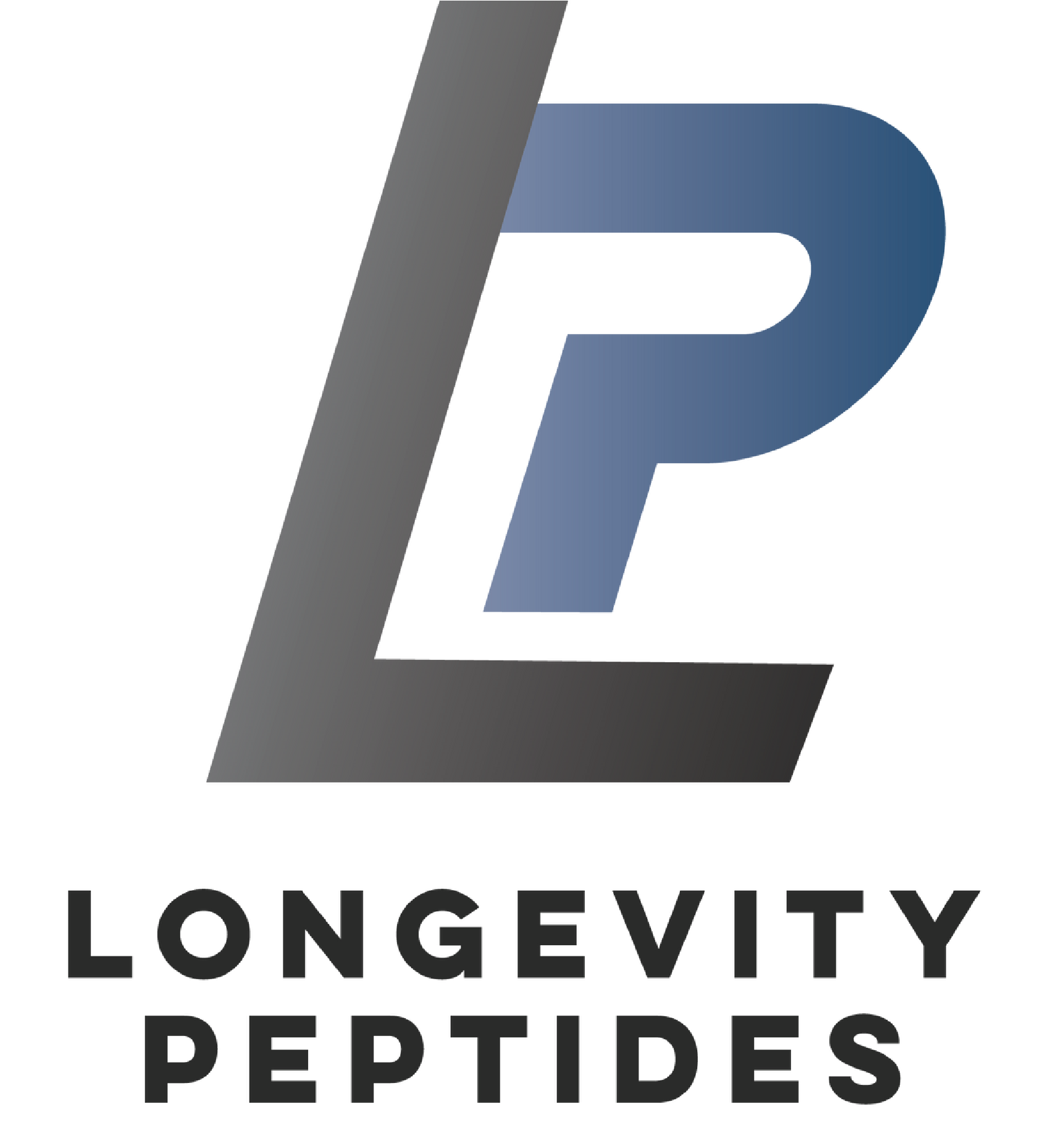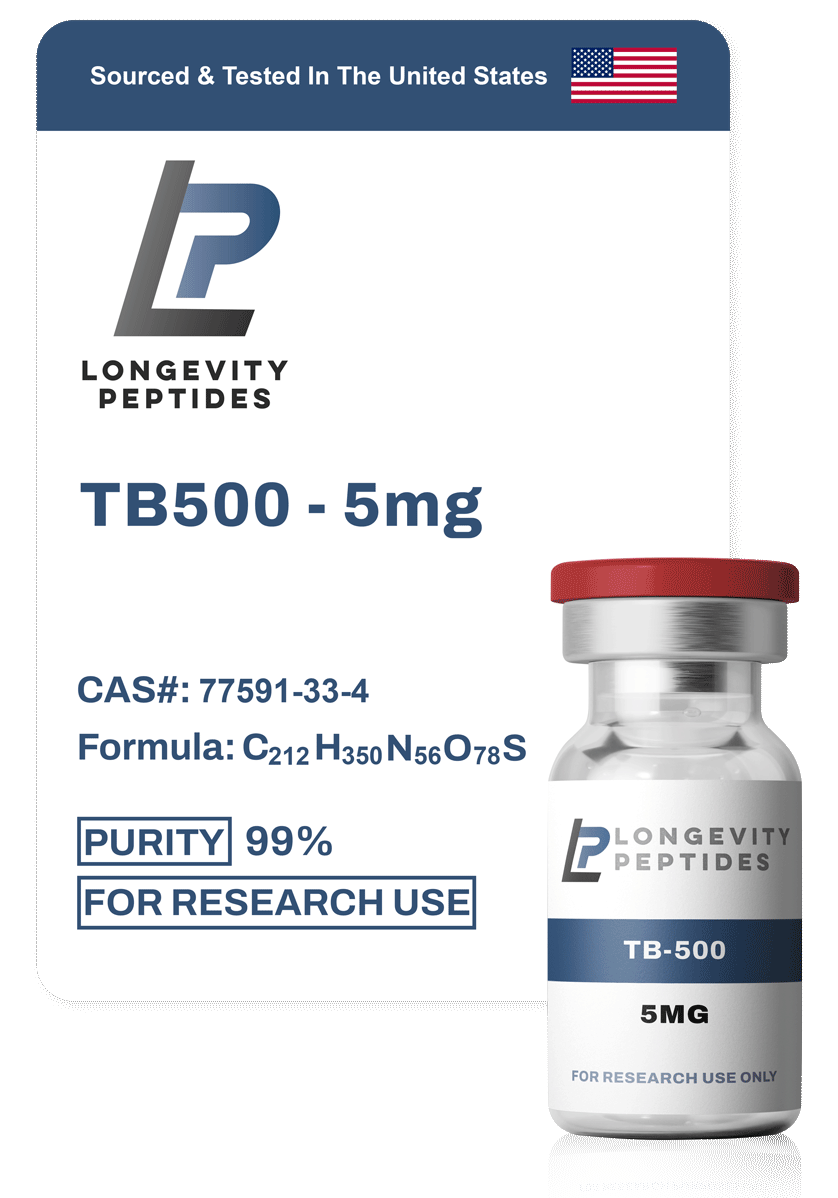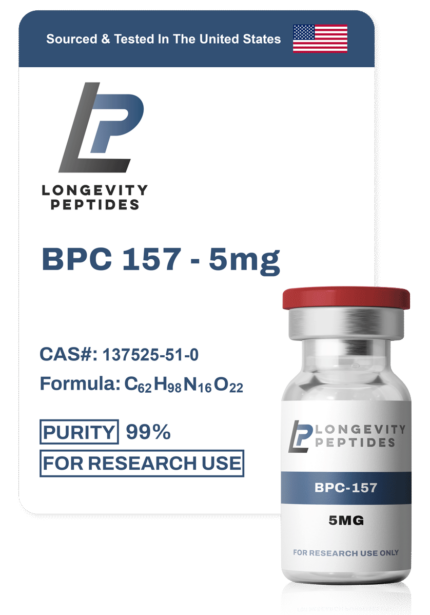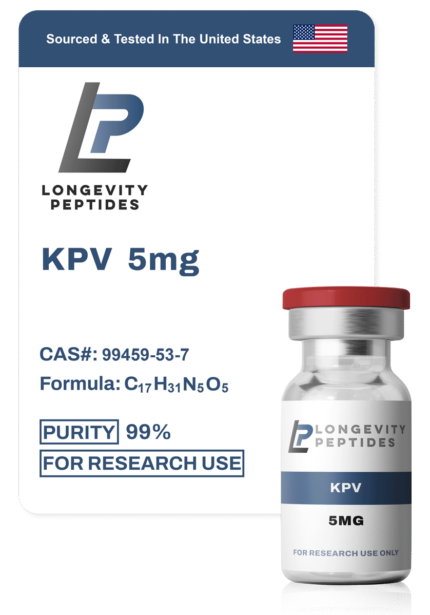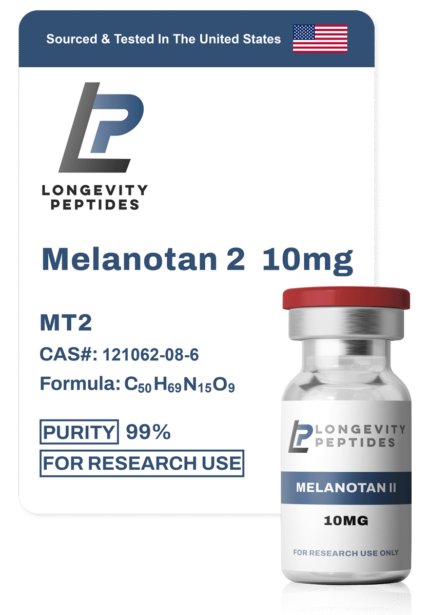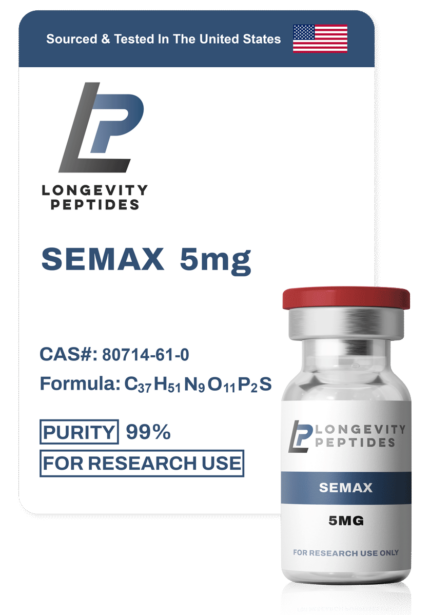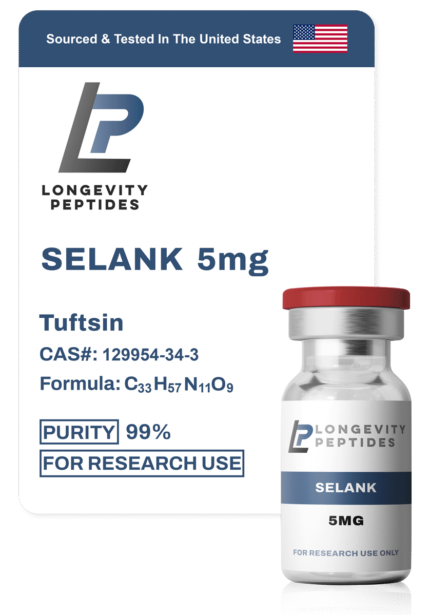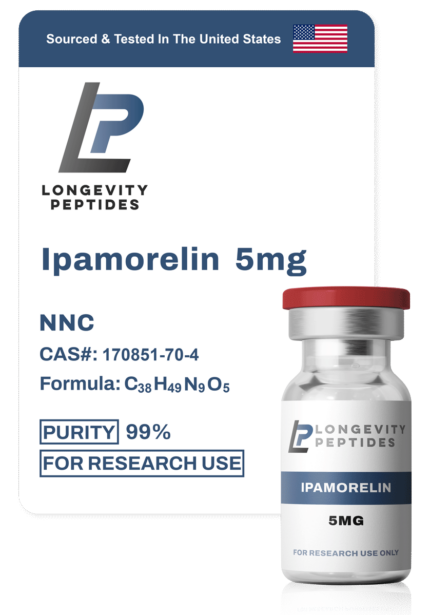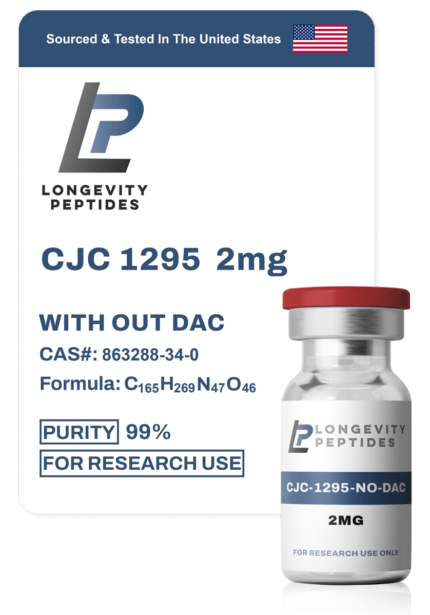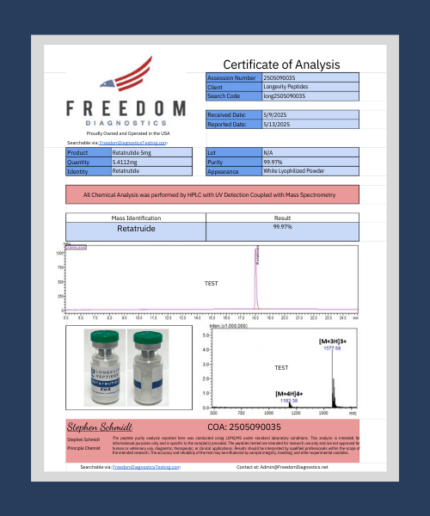TB500 – 5mg
$35.00
Buy TB500 online for your research needs TB-500, also known as Thymosin Beta-4, is a synthetic peptide modeled after a naturally occurring protein found in nearly all human and animal cells. It consists of 43 amino acids, though the synthetic version often used is a shorter fragment (e.g., 7–10 amino acids) that retains its key biological effects. TB-500 is renowned for its regenerative, anti-inflammatory and healing properties, primarily due to its ability to upregulate actin, a protein critical for cell structure, movement and repair. Want to understand how peptides work in the body? Learn more about peptides.
39 in stock
Buy TB500 for Research | Thymosin Beta-4 Peptide Information
Looking to buy TB500 for research purposes? TB-500, also known as Thymosin Beta-4, is a synthetic peptide modeled after a naturally occurring protein found in nearly all human and animal cells. Used exclusively for laboratory and in vitro studies, TB500 is widely recognized for its regenerative, anti-inflammatory, and recovery-enhancing properties. This peptide plays a crucial role in actin upregulation, cell migration, and tissue repair, making it a powerful compound in scientific investigations.
Why Researchers Buy TB500 Peptide
Tissue Repair and Regeneration
Researchers often buy TB500 to study its effect on healing soft tissues such as muscles, tendons, ligaments, and skin.
-
TB-500 promotes cell migration and differentiation, helping in tissue regeneration.
-
In animal studies (e.g., rats), TB-500 has shown promising results in accelerating muscle and connective tissue recovery.
Injury Recovery in Animal Models
TB500 is a popular choice in sports injury research for its ability to aid recovery from tendonitis, muscle tears, and sprains.
-
Scientists are exploring its potential to reduce downtime and restore tissue flexibility and strength.
-
Anecdotal evidence and animal studies both suggest TB500 supports healing in stubborn, slow-recovering injuries.
Anti-Inflammatory Potential
One of the major reasons to buy TB-500 peptide is its inflammation-modulating effect.
-
It helps regulate immune response by affecting cytokine activity.
-
This function may be useful in research focused on arthritis, joint inflammation, and post-injury swelling.
How TB500 Works
Actin Binding and Cell Migration
TB-500 binds to G-actin, enabling cell mobility, tissue regeneration, and faster wound repair.
Angiogenesis and Tissue Nourishment
It stimulates VEGF (vascular endothelial growth factor) to enhance blood vessel formation and improve blood flow to damaged areas.
Anti-Fibrotic Support
TB-500 research has shown potential to reduce scar tissue formation, promoting healthier, more flexible recovery of tissues.
Additional Areas of Study
-
Hair Growth: Some studies and user reports link TB500 with hair follicle activation and support for conditions like alopecia.
-
Cardiac Repair: In animal models, TB-500 has demonstrated heart tissue regeneration following myocardial infarction.
-
Neuroprotection: Emerging studies suggest its potential in neural injury recovery and stroke models.
How to Use TB500 in Research
Administration
TB-500 is usually administered via subcutaneous injection, typically near the area of injury in research models. While oral forms exist, they are rarely used due to lower bioavailability.
Research Dosage Guidelines
-
Loading Phase: 2–7.5 mg per week (split into 2–3 doses) for 4–6 weeks
-
Maintenance Phase: 2–4 mg monthly
-
Cycle Length: 4–8 weeks, depending on study design
Note: Always consult with a qualified research professional before starting any lab study.
⚠️ Product Usage Disclaimer
This product is intended strictly for laboratory research only. It is not for human or animal consumption. Misuse, misbranding, or repurposing as a drug, supplement, or cosmetic is prohibited. All descriptions are provided for educational and scientific reference only.
🔗 Read more about TB-500 on PubMed – Thymosin Beta-4 Studies
🔗 Related Peptide Research Articles
| Property | Details |
|---|---|
| Product Name | TB500 – Thymosin Beta-4 |
| CAS Number | 77591-33-4 |
| Molecular Formula | C212H350N56O78S |
| Molecular Weight | 4963.49 g/mol |
| Sequence | SDKPDMAEIEKFDKSKLKKTETQEKPQAGES |
| Appearance | White Lyophilized Powder |
| Purity | ≥99% |
| Solubility | Soluble in Sterile Water |
| Storage | -20°C (long term) or 2-8°C (short term) |
| Usage | For Research Use Only. Not for Human Consumption. |
Related products
